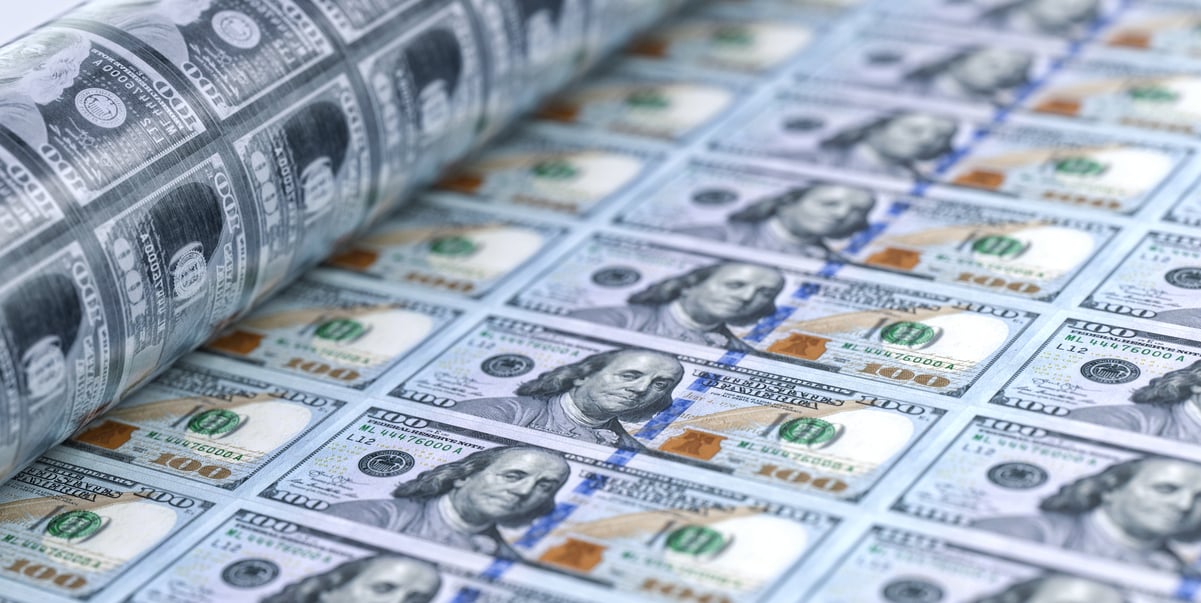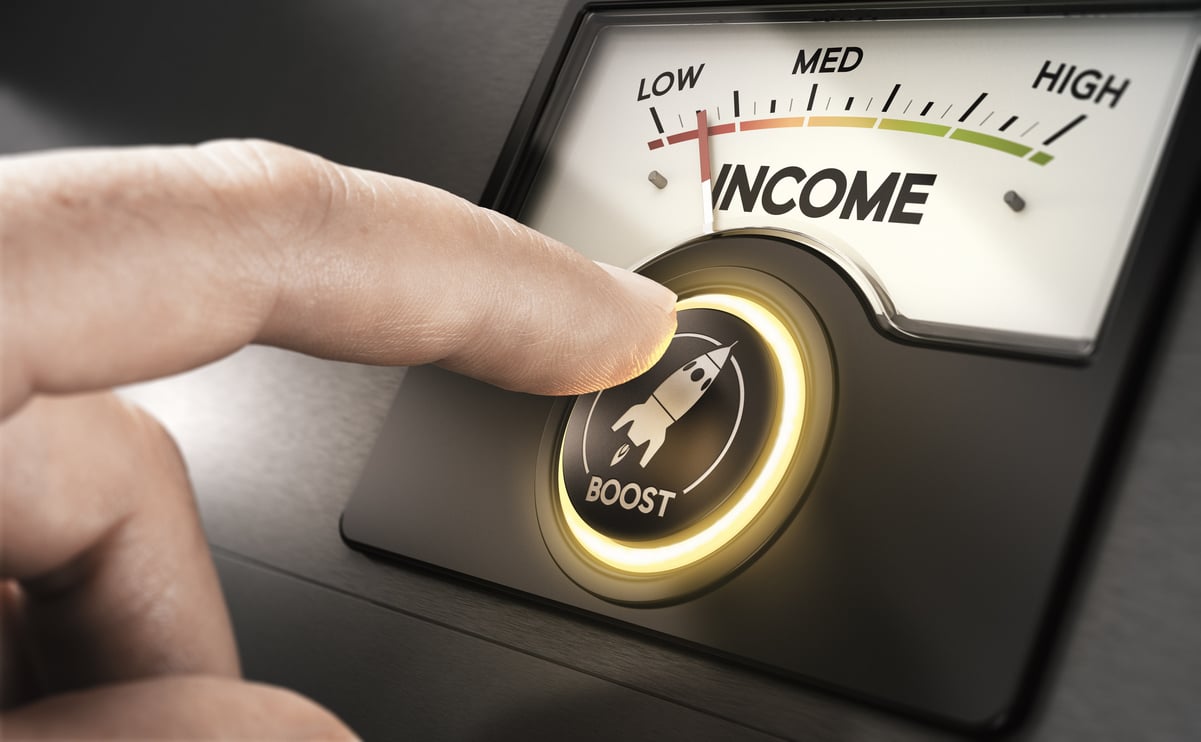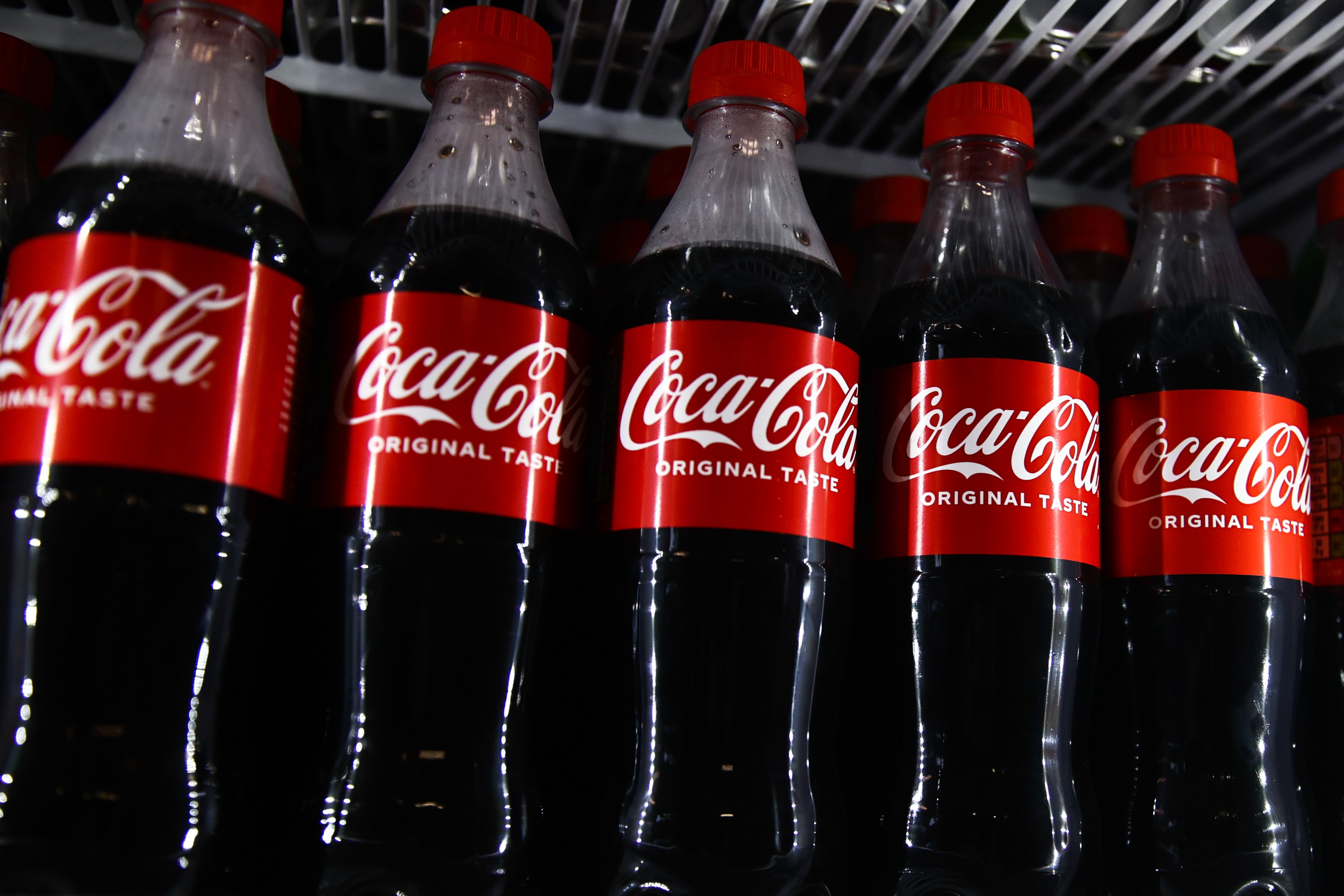As Warren Buffett prepares to step down as CEO of Berkshire Hathaway after roughly six decades on the job, he will likely go down as the greatest investor of all time. Berkshire's stock has the returns to back it up.
Berkshire owns a large roughly $294 billion equities portfolio. While most of the stocks Buffett and his team of investors have picked merit strong consideration, there are a few that investors can avoid. Even Buffett himself will tell you that he is not immune to making mistakes. After all, the stock market will always find a way to humble even the best of investors.
Here's one Buffett stock to buy hand over fist and one to avoid.

Image source: The Motley Fool.
Coca-Cola: The quintessential Buffett play
Buffett and Berkshire have owned few stocks longer than the iconic beverage company Coca-Cola (KO +1.94%), and the beverage company really represents everything that Buffett looks for in a stock that he can buy and hold forever.
Coca-Cola, which is the fourth-largest position in Berkshire's portfolio, has a special brand that has become a financial advantage because it's very unlikely that people will stop buying Coca-Cola products in a recession. However, that doesn't mean Coca-Cola's management team isn't trying to innovate every day by creating or purchasing more beverages to add to their portfolio. Today, Coca-Cola sells much more than its classics. The company also owns teas and coffees, waters, and healthier alternatives.
Buffett and his team also try to invest in stocks they can own through an economic cycle and that can weather harsher economic environments, and Coca-Cola definitely fits into this category. The company this year has done a good job managing some of the tariffs that have come into play like those on aluminum, and said it can prioritize plastic packaging if needed.

NYSE: KO
Key Data Points
In the second quarter of the year, Coca-Cola reported earnings and revenue that beat Wall Street analysts, despite a challenging environment. The company saw weaker demand in a lot of its markets, but strength in Europe helped to offset some of the weakness. Additionally, the company reiterated its full-year guidance of organic revenue growth of 5% to 6%.
Finally, Coca-Cola is a rock-solid dividend company that investors can rely on for passive income, even when the stock may not be flying. The dividend yield is close to 3% and the company has raised its quarterly dividend for 63 straight years.
Kraft Heinz: A rare Buffett mistake with uncertainty ahead
Many investors have long deemed Kraft Heinz (KHC +2.59%) to be one of Buffett's biggest mistakes in what was also considered a rare deal for Buffett and Berkshire. In 2013, Berkshire teamed up with the Brazilian private equity firm 3G to acquire Heinz. Two years later, it once again worked with 3G to help fund the $49 billion merger with Kraft to form what is today Kraft Heinz.
Since completing the merger in July 2015, Kraft Heinz is down about 67%. The company has struggled in the competitive landscape, as consumers prioritized healthier alternatives over many of the company's more processed easy-to-make foods. Kraft Heinz has also had to grapple with a heavy debt load over the years.

NASDAQ: KHC
Key Data Points
Recently, there have been rumblings that the company may pursue a break up. The Wall Street Journal reported that Kraft Heinz may spin off a big portion of its grocery business and prioritize its household condiments business. Additionally, Berkshire Hathaway's representatives on the company's board of directors are vacating their seats, suggesting that Berkshire may be looking to unwind its position.
The spinoff could indeed unlock shareholder value, as the condiments business is growing faster. However, it's still not clear which businesses and products will be spun off and the company still carries nearly $21 billion of long-term debt. Kraft Heinz does have a nice roughly 5.6% dividend yield, but the company has struggled for nearly a decade now and investors likely lack faith in management, making this a show-me story. Even if successful, a turnaround could take a long time and there are simply many better places to allocate capital right now.







